The Great Mercy of Christ for All and for the Individual
“For I received from the Lord what I also delivered to you, that the Lord Jesus on the night when he was betrayed took bread, and when he had given thanks, he broke it, and said, ‘This is my body, which is for you. Do this in remembrance of me.’” 1 Corinthians 11:24-25 ESV
I can’t help but be somewhat perplexed by Paul’s words on communion. He recounts the night when Jesus was betrayed as if he was there, laying out the steps of communion that we take in remembrance of the atonement made for our offenses. I have many questions that come to mind from Jesus’s sayings here. For example, why bread? Why wine? What’s the significance of the physical practice of remembrance? Why not simply remind us every day of His sacrifice in our spirits? That is another question for another devotional. However, I think the deepest question I have stems from this statement: “This is my body, which is for you.”
“You” in verse 24 is actually plural. Jesus is saying that His body is for “all of you.” To expand on this in the words of John the Baptist, He is “the Lamb of God, who takes away the sin of the world.” (John 1:29 ESV) It’s clear that Christ’s life and death serve as the payment for all of humanity’s reckless disobedience and evil. I have a qualm with this idea, though, if I may be so bold. While it is true that one man died for all so that all men might have life (see Romans 5), I have had many brothers and sisters in my circle tell me that Jesus died for my sins, and not simply as one underneath a blanket covering for all, but deeply and personally given up for me as an individual. Is this possible, let alone Biblical? Does the mercy of Christ extend to both the collective body and the individual? I would argue, yes. Let’s see this from the scripture.
“And Jesus, perceiving in himself that power had gone out from him, immediately turned about in the crowd and said, ‘Who touched my garments?’” Mark 5:30 ESV
Jesus was touched by countless different people from all over the country who came to see Him. Yet there was one whom He noticed. A woman who had bled for twelve years of her life came to find Christ. She knew she could be healed just by touching His clothes. Out of everyone in the crowd, Jesus saw her, and healed her personally, responding with the historic statement, “daughter, your faith has made you well.” (Mark 5:34) The same Jesus who spoke parables to the multitudes, spoke with tenderness to the individual. The same Jesus who heals many healed this one woman out of the crowd. This is the Jesus we worship. The Messiah not only died for many but died for the individual.
“Consequently, he is able to save to the uttermost those who draw near to God through him, since he always lives to make intercession for them.” Hebrews 7:25 ESV
Not only is our Savior able to save us from our sins, but He is also able to save us to the uttermost, that is, to the fullest extent. And not only did He die but is actively advocating on our behalf before His Father. There is a catch, however. You must draw near. You must be willing to be known. You must be willing to be saved and healed to the uttermost as an individual, not just part of the group. This is what He laid down his life for; to make a way for each of us to draw near and be whole. How great is His love for us? Remember this when you eat: that not only was His body broken for the entire world, but His body sacrificed for you too. Amen.
Jared Graf

